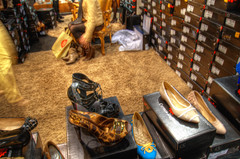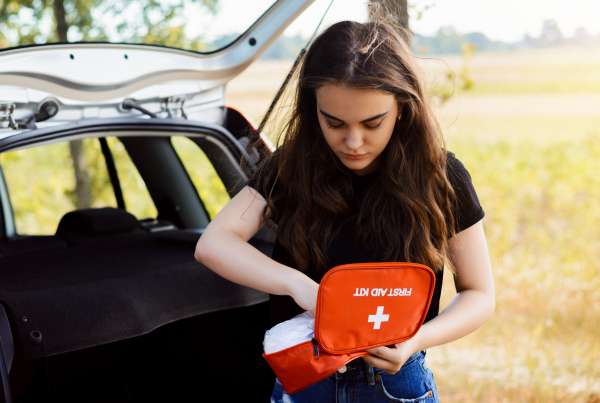Has compulsive shopping become the bane of your existence? Do you find yourself chasing the “high” of your next big purchase only to be met with the common crash-and-burn of buyer’s remorse? Have you replaced your drug or alcohol addiction with shopping?
Many people shop compulsively as a means of “feeding their feelings” via shopping bags full of swag. They are reinforcing the often unconscious theory of “If only I had _____, then I would be happy.” Shopping can also reinforce one’s childhood memories of a parent or parents showing “affection” with a credit card in lieu of engaging emotionally. Let’s not forget that shopping may simply be the only way one knows how to feel better when things feel like they are coming apart. It’s almost as though the idea of a full shopping bag contains the psychological glue they’ve equated with emotional fulfillment or stress relief.
The difference between compulsive shopping and say, a splurge, is the regularity of the behavior along with the emotional satisfaction felt after the cash drawer closes. Sure, there is some satisfaction and even fear felt after a huge but necessary purchase (I know this from having to buy photography equipment and panicking at the price tags even though it was an investment in myself!). However, the compulsivity that occurs when someone continues to shop beyond their literal need is different. For example, someone shopping with an addictive mind will come home with clothes they didn’t try on, shoes they already have, electronics they don’t need, whilst ignoring bills that need to be paid. In this case, they are shopping to satisfy an untenable emotional need to feel better.
When we get sober, compulsive shopping can rear its ugly head for many. With drugs and alcohol being taken off the table, all of sudden the outlets one used to feel better shift into new territory. Honestly, most of us don’t revel in the chance to face our crap head on. We would rather continue to numb it with outside stimulation, regardless of the negative outcome. At least we’ll feel better for a moment, right? Wrong.
Scott McMillin, Principal, Recovery Systems Institute poses a great question “If you’re shopping more than you need to–or more than you can afford, it’s time to think about why: What are you getting out of it? What is the ‘reward’ feeling all about?” Recovery is an opportunity to find the answers to those questions in a way that is healing and insightful.
While there isn’t a clinical diagnosis for compulsive shopping, there are certain factors that make one prone to this behavior.
- Other addictive behaviors
- Mood disorders
- A hereditary propensity toward compulsive shopping
Here are some clues that you may be heading in a bad direction with your shopping habits:
- Spending over budget
- Compulsive buying
- Hiding your purchases or shopping activity
- Chronic returns resulting from buyer’s remorse.
- Negative effect on your relationships.
- Clear consequences to your actions (i.e., your electricity was shut off)
- Shopping in response to feeling angry, sad, depressed, anxious, lonely.
- Arguing with others around you about your shopping habits.
- Buying on credit rather than with cash.
- Feeling an adrenaline rush or surge of euphoria with shopping.
- Feeling guilt or remorse after a spree.
- Lying about how much you actually spent.
- Obsessing about money.
- Juggling your accounts and bills to make room for more shopping.
If you find yourself relating to more than four of these bullet points, it’s time to seek help. You can start with some of these steps:
- Admit you have a problem
- Seek professional help so you can determine the underlying issue(s) driving your compulsivity.
- Cognitive Behavioral Therapy
- Take measures to get out of debt.
- Find healthier ways in which to feel better:
- Working with others
- Meditation
- Yoga
- 12-step meetings
Compulsive shopping is merely a symptom. Like drugs and alcohol, it only provides temporary relief and in the end, all it really gives you are more problems to manage. Take some deep breaths and have the courage to face the real issues confronting you. Interesting fact: Facing the darkness and pain takes less effort than building a maze of denial. You can and will recover.
“We gain strength, and courage, and confidence by each experience in which we really stop to look fear in the face… We must do that which we think we cannot.”
— Eleanor Roosevelt
Some articles that really helped pave the way to this piece:
Thank you to @RecoverySI for your amazing online support and for your insightful quote.









